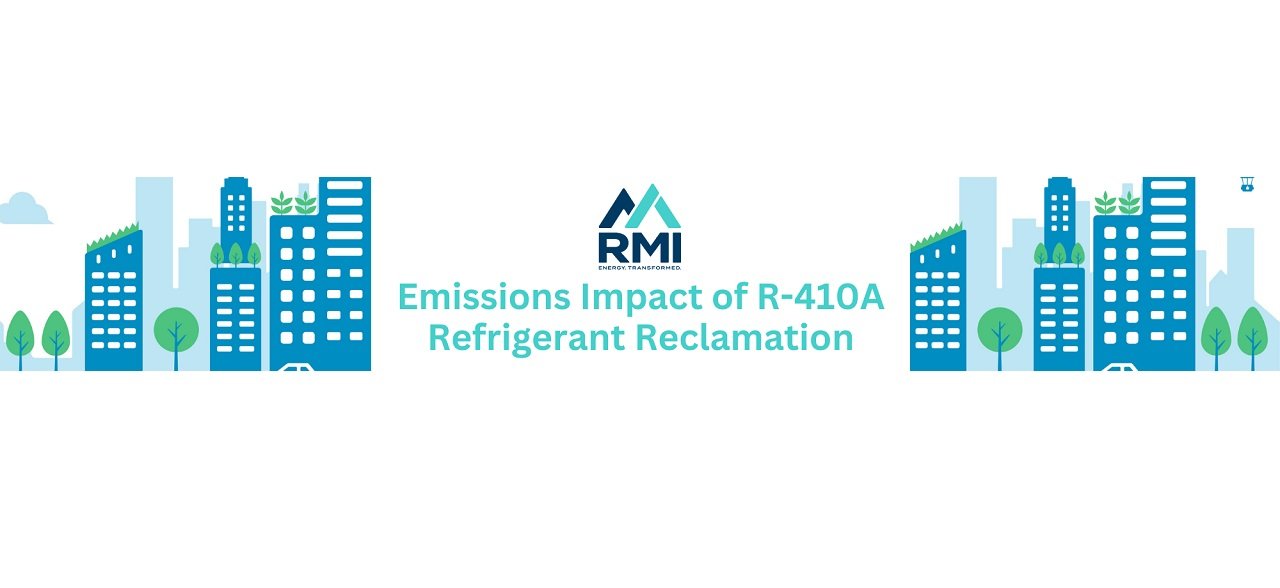Hudson Technologies, a leading provider of sustainable refrigerant products and services, has partnered with RMI to publish a groundbreaking report demonstrating the substantial climate benefits of R-410A refrigerant reclamation as compared to the production of virgin refrigerants. According to the report, reclaiming R-410A can reduce lifecycle greenhouse gas emissions by up to 70% per pound.
Key Findings:
- Emissions Reduction: Reclaiming R-410A can reduce lifecycle greenhouse gas emissions by up to 70% compared to producing virgin refrigerant.
- CO2 Savings: Maximizing refrigerant reclamation for air-conditioning and heat pump (ACHP) equipment in U.S. homes can avoid 7.7 metric tons of CO2 emissions by 2045, equivalent to taking 1.8 million cars off the road for a year.
- Circular Economy: Recovering refrigerant is critical to a successful circular economy and supports the full economic life of existing equipment.
The report highlights that the residential air conditioning and heat pump market predominantly uses newly manufactured R-410A, a high global warming potential (GWP) refrigerant. The EPA’s Technology Transition Rule, which will ban the manufacture of R-410A for new residential equipment starting in 2025, underscores the need for a transitional solution. The RMI report reveals that R-410A reclamation mandates can serve as a viable, climate-friendly bridge to meet market demand while reducing the environmental footprint.
“Refrigerant reclamation is an overlooked climate solution in the United States, and we are proud to lead in shaping the circular economy for refrigerants,” said Brian F. Coleman, President & CEO of Hudson Technologies. “As the availability of virgin R-410A decreases to meet EPA’s phasedown goals, reclamation will be essential to meeting demand, ensuring a smooth transition for consumers, and significantly reducing GWP. We are pleased to partner with RMI to highlight the crucial role of refrigerant reclamation in protecting our environment.”
The report also identifies barriers to refrigerant recovery and reclamation that apply to other refrigerants in the sector. As the EPA implements new regulations restricting high-GWP refrigerants and transitioning to lower-GWP alternatives, the recovery and reclaiming of R-410A for millions of existing home HVAC systems is essential.
"RMI is pleased to collaborate with Hudson Technologies to advance research that illustrates why we must adopt refrigerant lifecycle best practices from around the world," said Ankit Kalanki, report co-author and global cooling expert at RMI. "By advancing reclamation practices, policymakers and industry can support the transition to lower GWP refrigerants, reduce greenhouse gas emissions across supply chains, and protect both businesses and homeowners from potential price spikes and service disruptions."
Download the full report
here.
